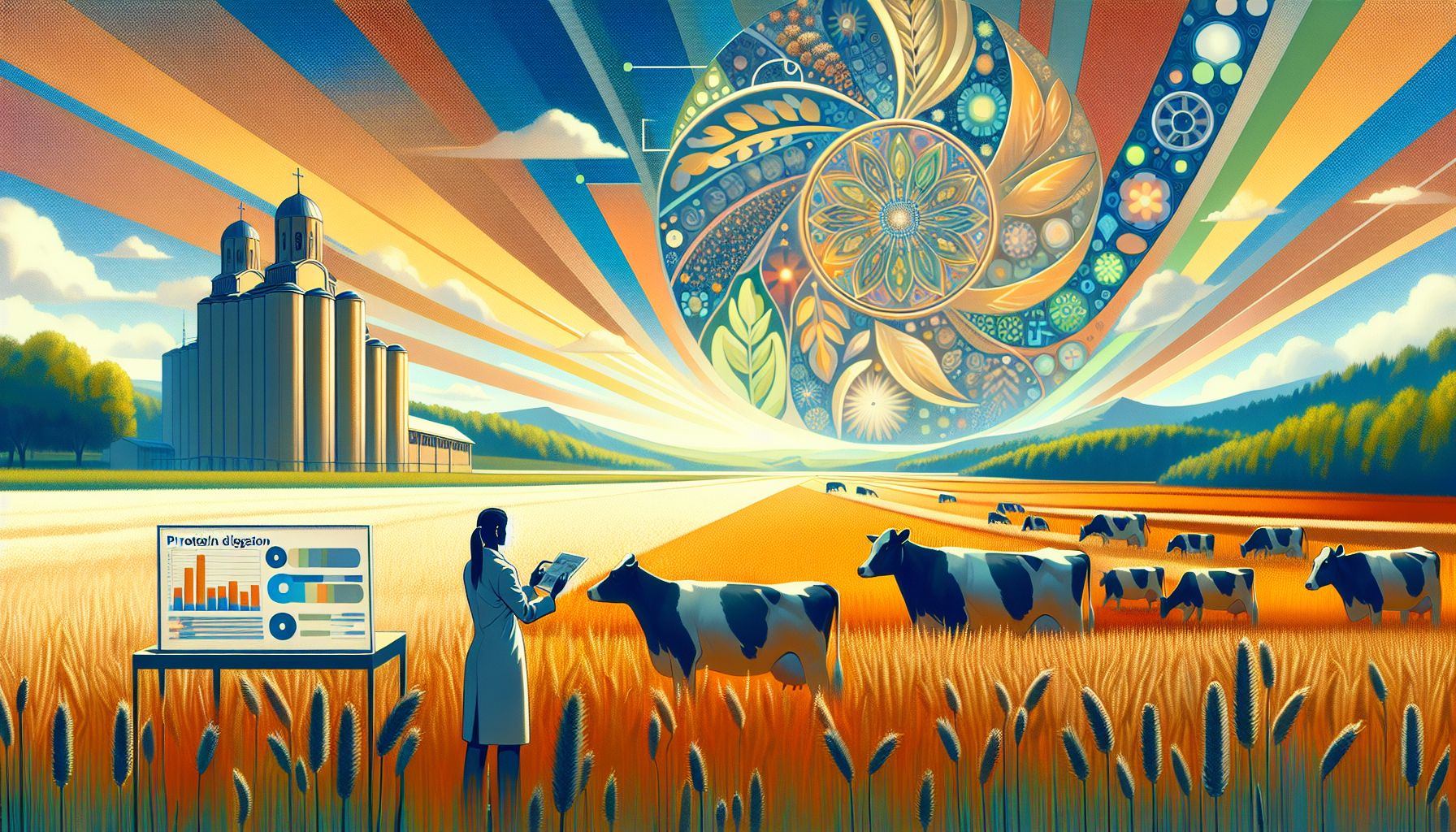Grass Protein Technology Offers Solution to Dutch Nitrogen Emissions

Wageningen, Monday, 7 April 2025.
A Dutch startup, Grassa, innovates with ‘opened grass’ technology, reducing cow emissions by enhancing protein digestion. This sustainable approach could transform Dutch agriculture by addressing nitrogen issues.
Innovative Funding Fuels Growth
In a significant development for sustainable agriculture, Grassa has secured €3.6 million in funding to advance its revolutionary grass protein technology [1]. The investment, announced on April 7, 2025, includes contributions from Perspectieffonds Gelderland (PFG) and existing shareholders Fransen Gerrits and Brightlands Venture Partners [1]. The company, a spinout from Wageningen University, aims to demonstrate with 25 to 50 dairy farmers that their technology can extract 50% of protein from grass without impacting milk production [1].
Technical Innovation and Environmental Impact
The technology’s core innovation lies in its ability to reduce nitrogen emissions through enhanced protein processing. According to Rieks Smook, CEO of Grassa, the technology significantly reduces nitrogen levels in manure, resulting in lower disposal costs for farmers [1]. The environmental impact could be substantial - processing just 20% of the Netherlands’ grass could eliminate the country’s manure surplus, while processing 60% could meet the entire Dutch soybean demand [1].
Market Strategy and Future Development
Grassa’s commercialization strategy includes a phased approach, with initial focus on the pet food market [1]. The company plans to establish its first facility by 2028, with production costs targeted to be comparable to pea protein [1]. This development coincides with growing market acceptance of alternative proteins, as evidenced by recent consumer research indicating increasing openness to sustainable protein sources [2]. The company is currently scaling up operations at sites in both Gelderland and North Holland provinces [1].
Industry Support and Recognition
The initiative has garnered strong industry backing, with feed producer Fransen Gerrits’ CEO Huub Fransen noting, ‘With Grassa, we make better use of grass, reducing the milk footprint and allowing farmers to maximize their grassland’ [1]. This innovation emerges at a crucial time when the European Union is actively seeking solutions for protein diversification, as evidenced by recent policy discussions in the European Parliament [3].

